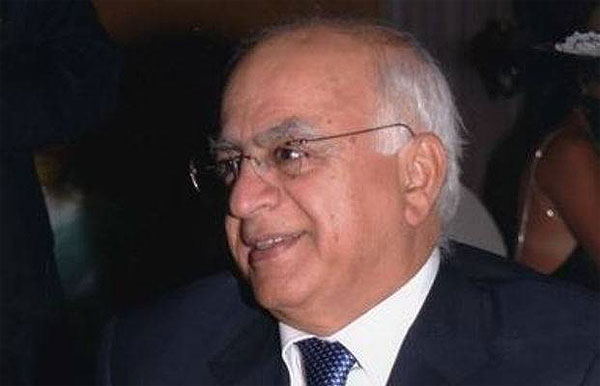23/09/2020
23/09/2020

Analysts, writers, old and young, and pretenders to knowledge have been talking a lot about the existence of a sacred alliance between elders and merchants, or some of these and some of those. They also talked about the ‘deep state’, which stands behind all the stories of corruption and theft of public money, and is controlling the issue of decision-making.
If such talk is based on the well-known conspiracy theory, I personally do not believe that there is any truth in this talk, but there were links between the two parties (elders and traders) with the beginning of the emergence of Kuwait, and since the middle of the seventeenth century, which is the closest date to the emergence of modern Kuwait.
This link reflected a close relationship between the ruler and the merchants who were the most active than others and always on the move putting their lives at risks when shuttling between the ports of the Gulf, Africa and India, to make wealth, and thus the most contributing to the support of the then emerging state budget at the time, they were, as merchandise or pearl merchants, at that time representing what oil now represents.
This balanced relationship continued until the middle of the twentieth century, with the beginning of oil extraction and export, until the equation changed and the government became the financially stronger side, and it is the one that gives and prevents, as a result of oil revenues it controls.
However, the relationship was not affected, but rather became stronger by time and it was natural for the merchants to continue to influence and increase their wealth as a result of their obtaining government tenders and other works.
The continuation of this relationship is further entrenched in parliamentary life, so that the position of Speaker of the National Assembly, which is the second position in the state, has gone constitutionally to the businessmen class, without an alliance or a written agreement.
As the case in all countries of the world, and throughout history, they became the closest to the ruling class and the most influential, and perhaps most educated and experienced. This relationship is similar to what some soccer players who feed the ball to the player more capable than others to score the goal. This actually does not mean inefficiency of the other classes other than the merchants.
There is no doubt that among them there are those who have more experience and an understanding of politics and democracy, but these are the conditions of the country, and will inevitably change with time, and the experiences of the countries of the world that preceded us are the best example.
A majority of the members, if not all in the old parliaments of the world, were from the business class, the wealthy, or the titles holders until the children of the more educated, experienced and intelligent classes came and removed them from their position.
We must not forget that the merchants of Kuwait in the 1920s and 1930s, even though they were a few, were the mainstay of the two democratic experiments, and afterwards they became the heads of the opposition, which led to the imprisonment of some of them, the displacement of some others, and a third escaped, not to mention others who died as a result of their opposition positions.
These events caused the merchants, or the wealthy of the country, to lose a lot of their wealth, and they were able to compromise and avoid all these losses in money and lives. Wealthy families also had national stances that contradicted the stances of the government that was not happy with their stances.
Al-Qabas represents one of the wealthy families, who are known for their loyalty and love, like the rest of the citizens, to the ruling family, and is still one of the most critical newspapers of government performance, and one which exposes corruption ‘the most’.
The deep state issue is really funny. There is no doubt that there is corruption, and there is negligence, deprivation and transgression on the rights of others in favor of the few, and these behaviors exist in any system that lacks the minimum level of parliamentary insight over the actions of governments and their administrative apparatuses.
The multiplicity of financial and administrative scandals is due to this reason, and not because there is a ‘deep state’. Some of the weak-soul expatriates, or young criminals have found that it is better for them to work with an influential person to provide them with the necessary protection, and this exists even in the smallest company, and the multiplicity or increase of these cases does not mean the existence of a deep government, but all of these things are the result of the inaction over many years, leniency in holding accountable the influential class, the negligent, saboteurs, and theft of public money.
e-mail: [email protected]
By Ahmad alsarraf


